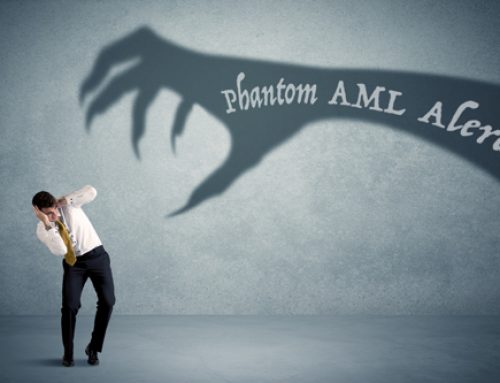 Like any trend, it sometimes seems like the focus on certain regulations comes and goes. In a world that increasingly relies on electronic devices, the Electronic Signatures in Global and National Commerce Act (which was implemented in 2000) seems to suddenly be in vogue. We’ve reviewed many institutions for E-SIGN compliance and have put together the following outline of three common issues and our recommended solutions.
Like any trend, it sometimes seems like the focus on certain regulations comes and goes. In a world that increasingly relies on electronic devices, the Electronic Signatures in Global and National Commerce Act (which was implemented in 2000) seems to suddenly be in vogue. We’ve reviewed many institutions for E-SIGN compliance and have put together the following outline of three common issues and our recommended solutions.
Issue #1: Many institutions mistakenly believe they are exempt from E-SIGN requirements, because they do not require electronic signatures online.
However, most institutions do provide their disclosures or other forms in an electronic format, and this action falls under the provisions of the E-SIGN Act.
Every institution has consumers who are pushing for faster processes and a reduction of transactions or disclosures in physical paper, and almost all institutions comply with this request in some manner. So if you think E-SIGN is old news or isn’t applicable to your institution, think again.
To solve this issue, your compliance officer should review all disclosures, forms, applications, and documents. If any are provided electronically (such as via email), you need to enforce E-SIGN compliance, specifically the section about disclosures.
Issue #2: Providing incorrect consent disclosures.
Providing accurate consent disclosures is not complicated, but strict adherence to the rules is important for ensuring your consumers’ consent is legally valid. The regulation states that institutions must provide a “clear and conspicuous statement informing the consumer:
- Of any right or option to have the record provided or made available on paper or in a non-electronic form… and whether any fee will be charged for that copy.
- Whether the consent applies only to the particular transaction…or to…categories of records that may be provided during the course of the parties’ relationship;
- Of the right to withdraw consent and the procedures the consumer must use to do so; and
- Of the procedures consumer must use to update the information needed to contact the consumer electronically.”
Issue #3: Charging high fees for paper copies.
We live in an era when everything is going digital. Electronic storage is more efficient than paper storage, which is expensive, easily misplaced, poses disposal difficulties, and takes up so much physical space. Nor do we need to mention that fax machines are getting phased out and sending documents through the mail is costly and slow.
That being said, just because you see paper storage as an archaic method of documentation, that doesn’t mean your consumers do. Many customers or members still want paper copies for their records. Although you can certainly encourage your consumers to receive statements and other documents electronically, it is not a best practice to charge high fees for consumers who do request paper versions in order to discourage them from this practice.
As you can see, resolving issues with E-SIGN compliance requirements is fairly straightforward, yet it still manages to trip up more than its fair share of institutions. But keep these common mistakes in mind, and you’ll stay ahead of the E-SIGN curve.
For more information on AffirmX’s products and services, please contact Alberto Gamez.




